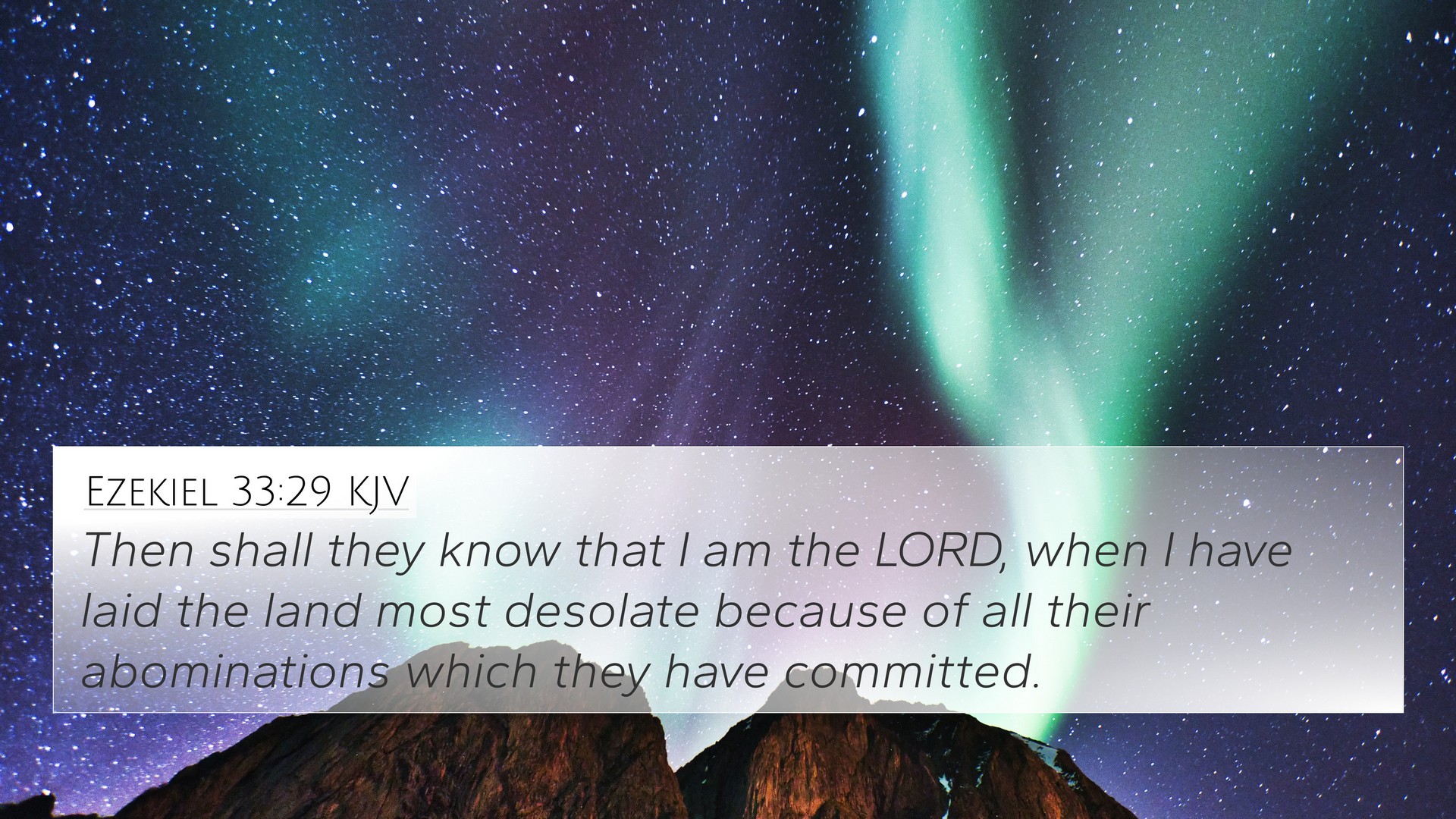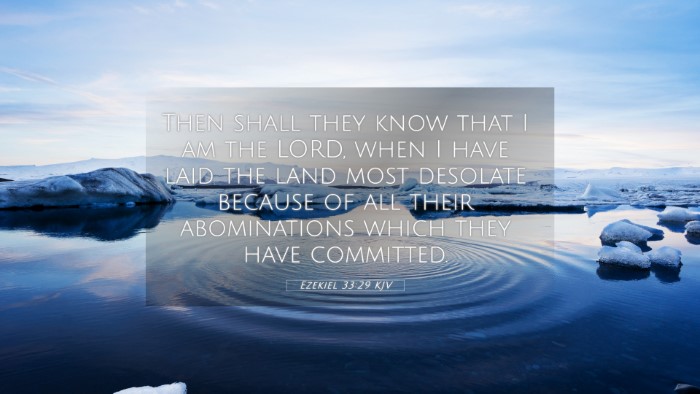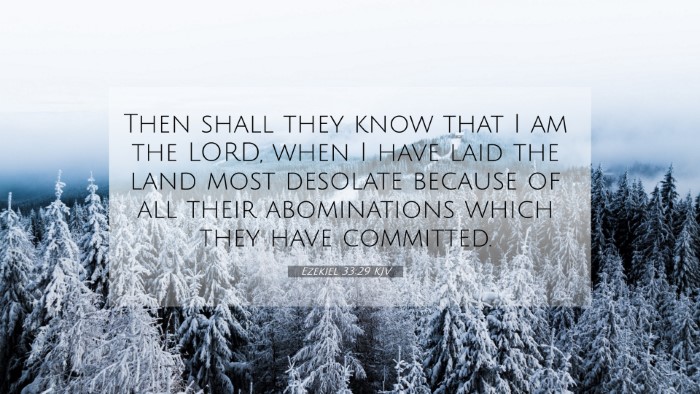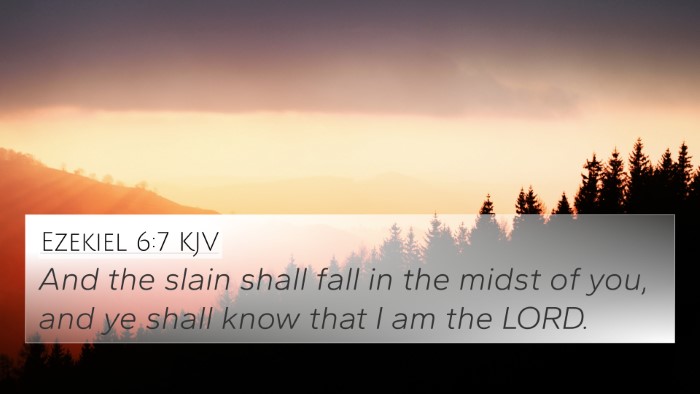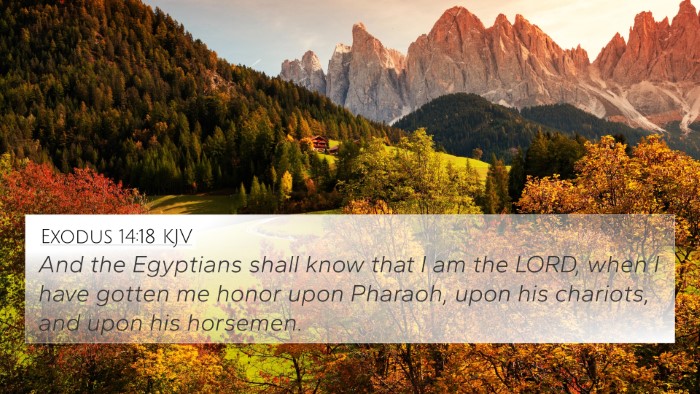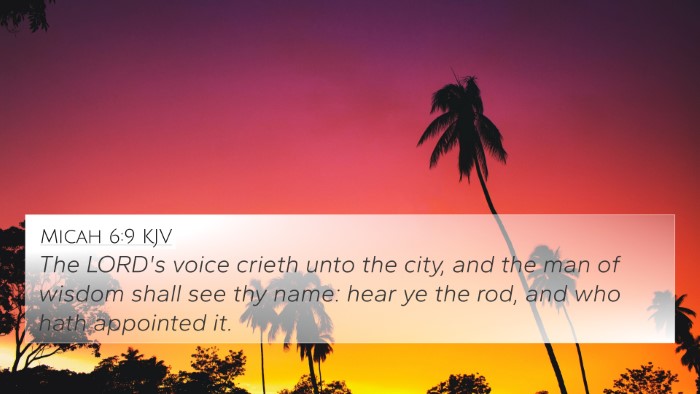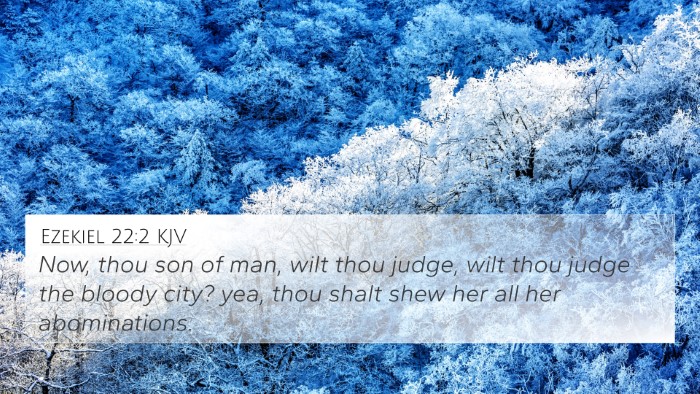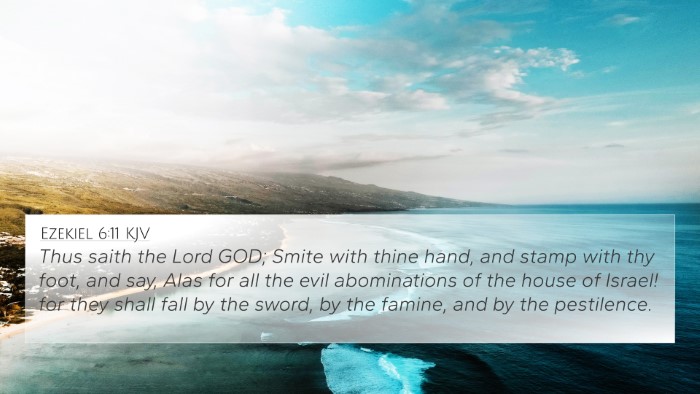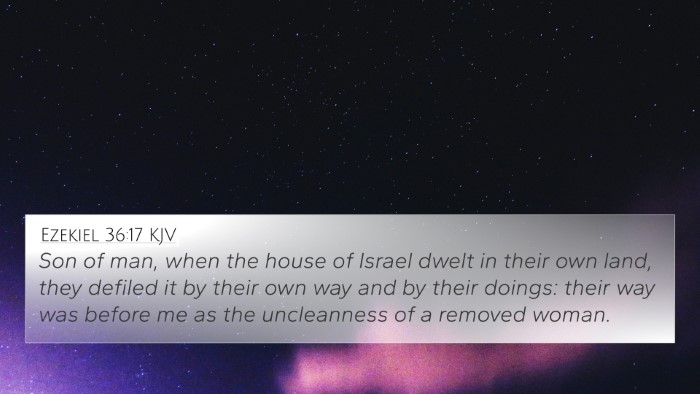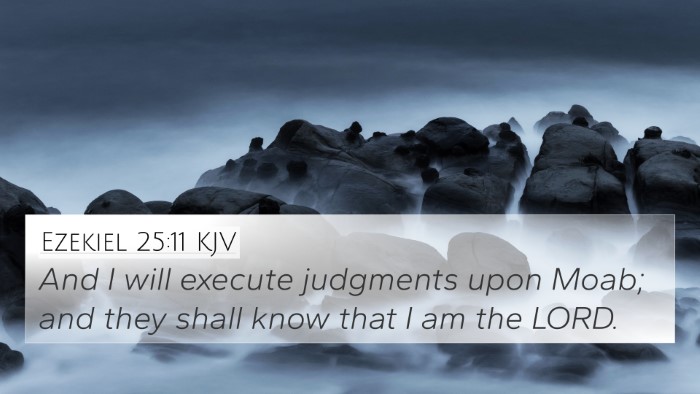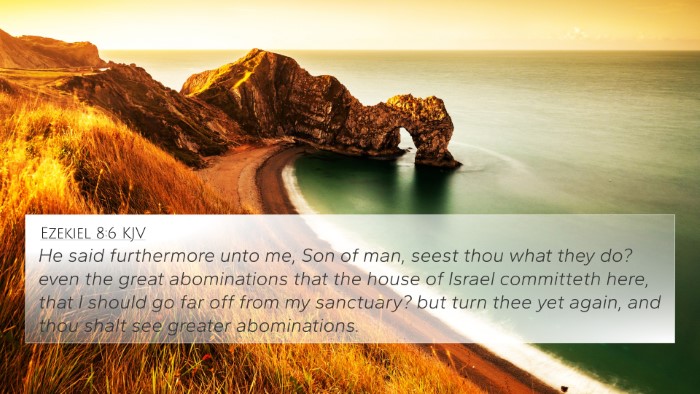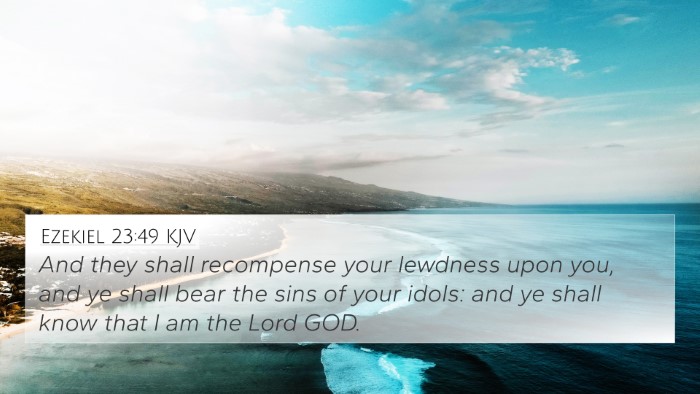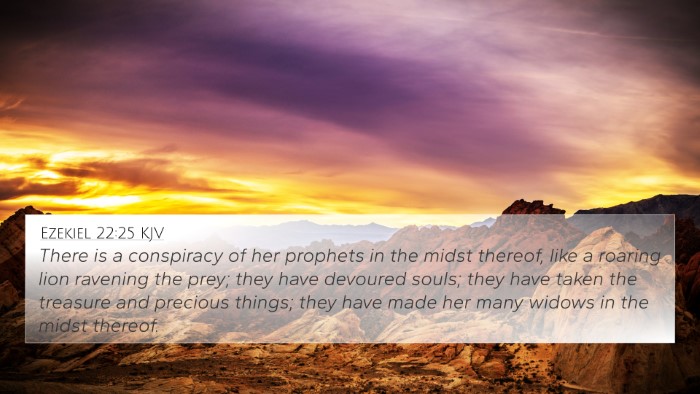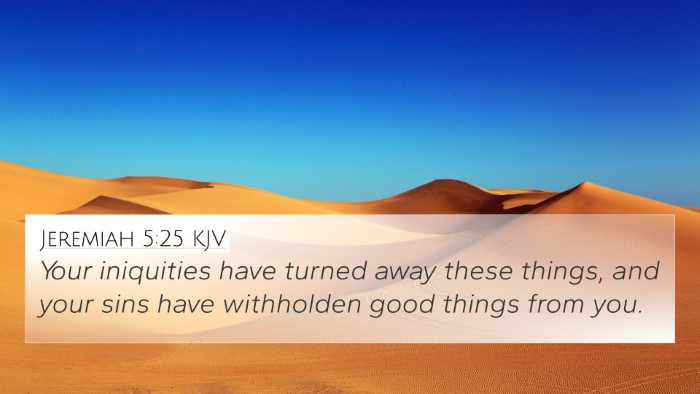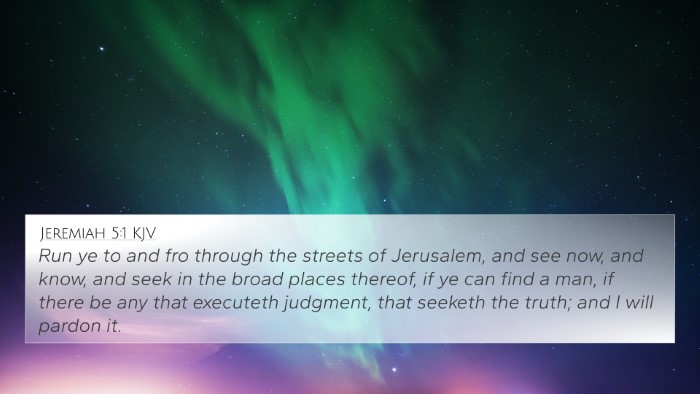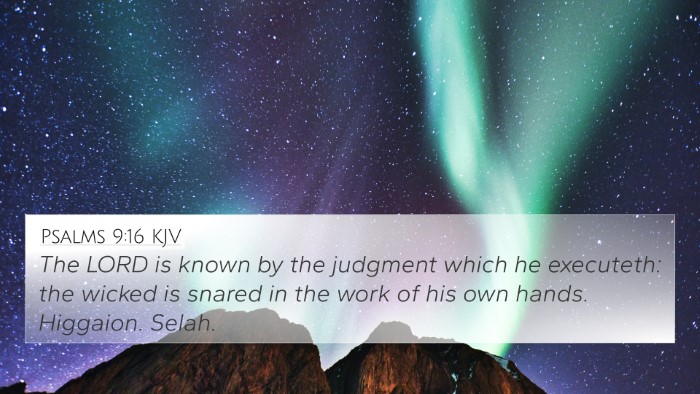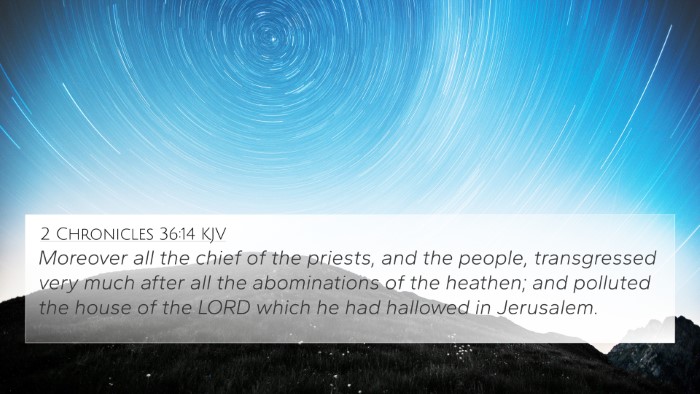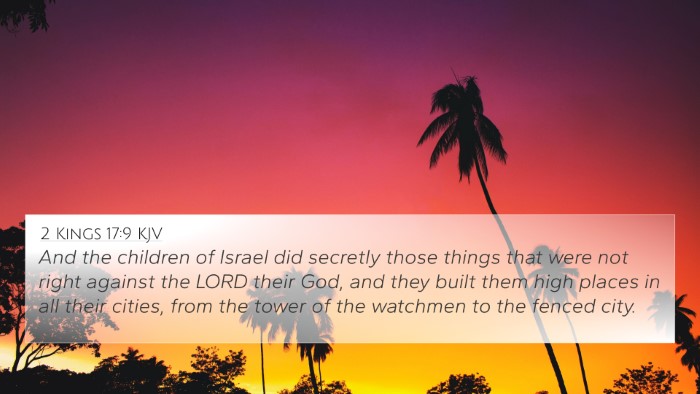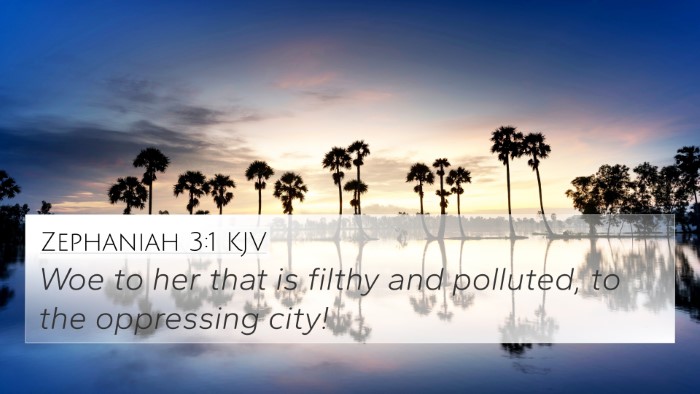Understanding Ezekiel 33:29
Ezekiel 33:29 states: "Then shall they know that I am the Lord, when I have laid the land most desolate because of all their abominations which they have committed." This verse serves as a powerful reminder of God's sovereignty and the consequences of sin in the lives of His people.
Summary of the Verse Meaning
This verse captures the essence of divine judgment and the recognition of God's authority following calamity. Through public domain commentaries such as those from Matthew Henry, Albert Barnes, and Adam Clarke, we gain layered insights into its significance.
Matthew Henry's Commentary
Henry emphasizes the inevitability of God's judgment as a response to human sin. He details that the desolation of the land serves not only as a punishment but also as a catalyst for the people to realize the severity of their actions. It confronts the reader with the concept of accountability and the ultimate justice of God.
Albert Barnes' Commentary
Barnes highlights that the phrase "they shall know that I am the Lord" implies enlightenment brought on by affliction. He points out that God's active presence in their judgment leads to a recognition of His holiness and the severity of their abominable acts. It encapsulates the idea that suffering can lead to spiritual awakening and a return to righteousness.
Adam Clarke's Commentary
Clarke presents a view on the temporal nature of their judgment, stating that it brings about a necessary understanding of God's truth. He articulates that divine desolation serves a dual purpose: it punishes the unrepentant and brings hope for restoration, all while reinforcing God's identity as sovereign over Israel.
Bible Verse Cross-References
Ezekiel 33:29 interacts with several other passages, enriching the understanding of its themes. Below are notable cross-references:
- Isaiah 1:7: This verse also speaks of the desolation of the land due to rebellion against God.
- Jeremiah 18:8: It reflects on the potential for repentance and restoration following judgment.
- Lamentations 1:1-2: These verses discuss the consequences of sin and the resulting desolation, echoing Ezekiel's message.
- Amos 4:6-8: This passage highlights Israel's failure to repent after seeing God's judgments.
- Romans 1:18-32: The connection between human behavior and divine wrath is affirmed in the New Testament.
- 2 Peter 3:9: This emphasizes God's patience and desire for repentance, linking to judgment themes.
- Revelation 18:2: The prophetic declarations about the world's desolation echo God's timeline for accountability.
Thematic Bible Verse Connections
Cross-referencing this verse showcases inter-Biblical dialogues about sin and divine response:
- The concept of accountability: Seen in passages like Galatians 6:7, which states one reaps what they sow.
- Awareness of God's sovereignty: Extends from Psalms 46:10, which calls for recognition of God in all circumstances.
- The theme of judgment leading to repentance: Found in Matthew 3:2, where the call for repentance is made.
Application and Reflection
In contemplating Ezekiel 33:29, believers are encouraged to reflect on their lives in relation to God's expectations. The verse serves as a poignant reminder of the implications of sin, the significance of national judgment, and the hope for restoration following repentance. Understanding the links between this verse and others provides a deeper insight into the vast narrative of God's interactions with humanity.
Conclusion
Ultimately, Ezekiel 33:29 stands as a testament to the understanding of God’s character and His dealings with sin. As one engages in scriptures tied through cross-referencing methods, they are invited into a comprehensive study that reveals deeper truths about faith, repentance, and divine justice.
